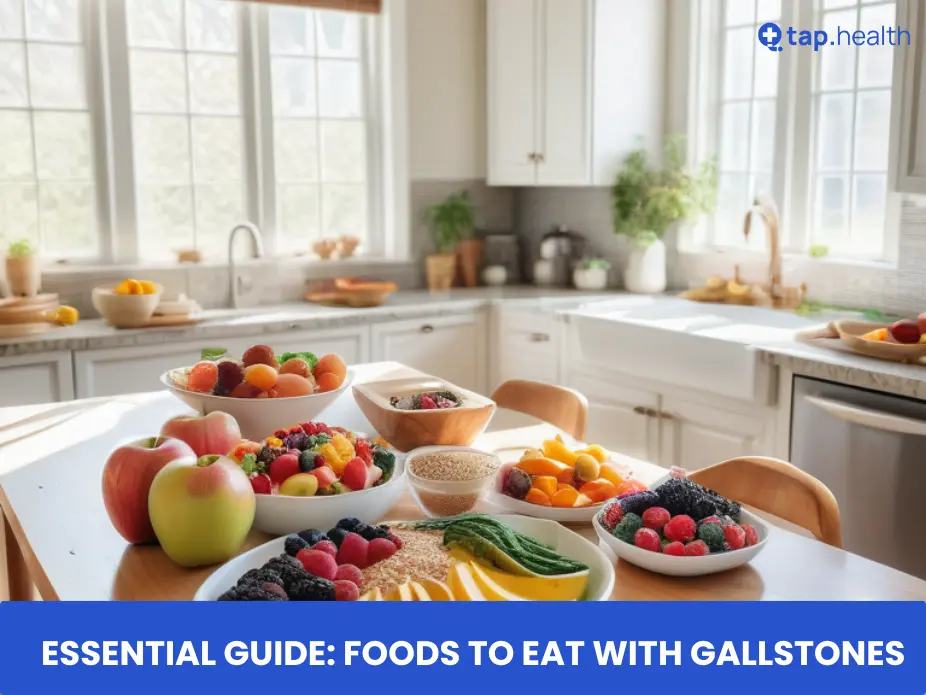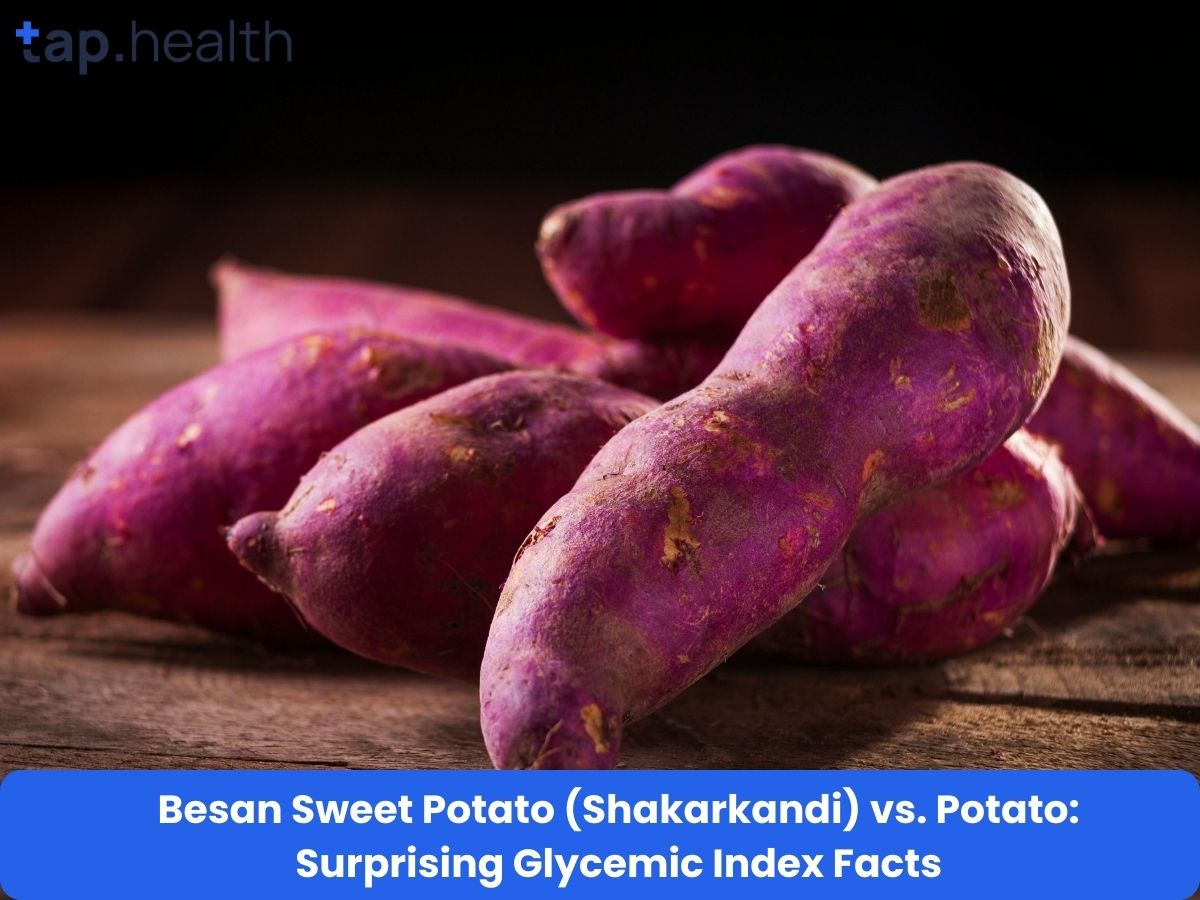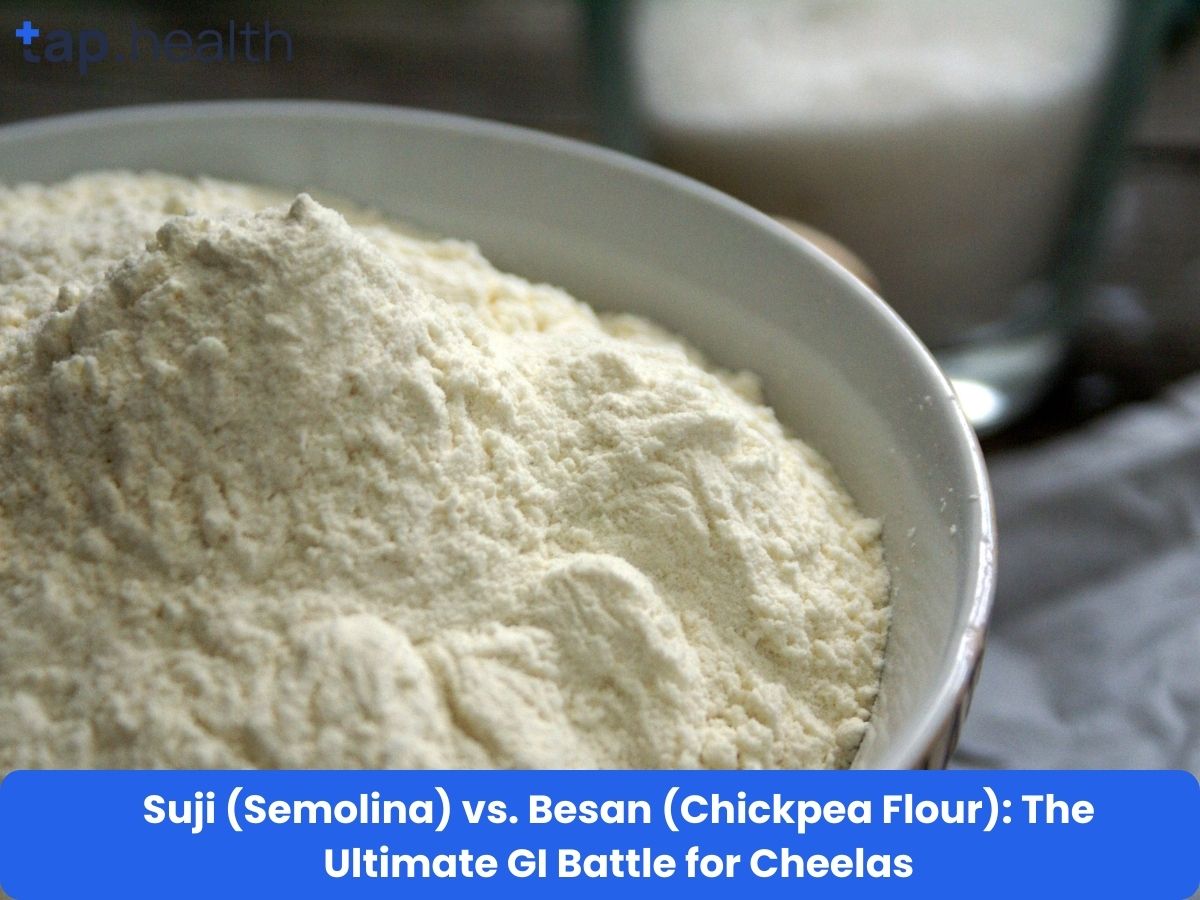GGallstones are a common health issue that can cause discomfort and pain, especially when they obstruct the flow of bile from the gallbladder. They are solid particles that form in the gallbladder, often made of cholesterol or bilirubin. Although gallstones can be asymptomatic, they sometimes lead to severe pain and complications that require medical intervention.
Managing gallstones often involves a combination of lifestyle changes, including dietary adjustments. In this essential guide, we’ll explore the best foods to eat with gallstones and how specific foods can help manage symptoms, reduce inflammation, and support overall gallbladder health.
What Are Gallstones?
Gallstones are small, hard deposits that form in the gallbladder, a small organ located under your liver. The gallbladder stores bile, which is produced by the liver to help digest fat. Gallstones can form when there’s an imbalance in the substances that make up bile, such as cholesterol, bilirubin, and bile salts.
There are two types of gallstones:
- Cholesterol Gallstones: The most common type, made primarily of hardened cholesterol.
- Pigment Gallstones: These form when there’s too much bilirubin in the bile, a substance produced during the breakdown of red blood cells.
Most people with gallstones don’t experience symptoms, but if a stone blocks a bile duct, it can cause intense pain, nausea, and digestive issues. This condition is called biliary colic, and it may require surgery or other treatments.
Why Is Diet Important for Gallstones?
Diet plays a crucial role in managing gallstones. Certain foods can help reduce the likelihood of gallstones forming, ease symptoms, and prevent complications. A well-balanced, gallbladder-friendly diet can also help maintain a healthy weight, which is essential because obesity is a risk factor for developing gallstones.
Key Principles of a Gallbladder-Friendly Diet:
- Low in Saturated Fats and Cholesterol: These can increase the risk of cholesterol gallstones.
- High in Fibre: Fibre helps with digestion and bile production.
- Rich in Healthy Fats: Healthy fats, such as those found in olive oil and fish, help regulate bile production and prevent the formation of stones.
- Moderate in Protein: Lean protein sources help maintain a balanced diet and support overall health.
- Hydration: Drinking plenty of water is vital to support bile production and prevent stones from forming.
Best Foods to Eat with Gallstones
1. High-Fibre Foods
Fibre is an essential part of any diet, especially for people with gallstones. High-fibre foods help regulate bile production and support digestion. They also aid in weight management, which is important for gallstone prevention.
Top High-Fibre Foods:
- Whole Grains: Brown rice, oats, quinoa, and whole-wheat bread are excellent sources of fibre that can aid digestion and support gallbladder health.
- Legumes: Lentils, chickpeas, beans, and peas are packed with fibre and provide plant-based protein that’s easy on the gallbladder.
- Fruits and Vegetables: Apples, pears, spinach, kale, and broccoli are high in both fibre and antioxidants, which can help reduce inflammation and improve gallbladder function.
- Nuts and Seeds: Almonds, chia seeds, flaxseeds, and walnuts are good sources of fibre and healthy fats that promote gallbladder health.
2. Healthy Fats
Consuming healthy fats helps stimulate the gallbladder to release bile and aids in the digestion of fat. These fats are beneficial in preventing the formation of gallstones and improving overall digestive health.
Top Healthy Fats to Include:
- Olive Oil: Rich in monounsaturated fats, olive oil helps regulate bile production and supports the breakdown of fats.
- Avocados: Loaded with healthy fats, avocados help maintain a healthy gallbladder and provide a creamy texture to meals without excess cholesterol.
- Fatty Fish: Salmon, mackerel, and sardines are rich in omega-3 fatty acids, which reduce inflammation and support gallbladder health.
3. Low-Fat Dairy
Dairy products can be a part of a gallstone-friendly diet, but it’s important to choose low-fat or fat-free options. Full-fat dairy products can increase cholesterol levels and contribute to gallstone formation.
Best Dairy Options:
- Low-Fat Milk and Yogurt: Opt for skim milk, low-fat cheese, and unsweetened yogurt to reduce the intake of unhealthy fats.
- Cottage Cheese: A great source of protein and calcium, low-fat cottage cheese can help maintain balanced nutrition without adding excessive cholesterol.
4. Lean Protein
Protein is an essential nutrient for the body, and consuming lean protein sources can help support gallbladder health while managing weight.
Top Lean Protein Sources:
- Chicken or Turkey: Skinless poultry provides protein without excess fat, making it a good choice for those with gallstones.
- Fish and Seafood: Fish like cod, tuna, and shrimp are low in fat and offer a good amount of protein.
- Plant-Based Proteins: Tofu, tempeh, and edamame provide high-quality plant-based protein and are easy on the gallbladder.
5. Fruits and Vegetables
Fruits and vegetables are loaded with vitamins, minerals, and fibre, making them crucial for gallstone management. They also help reduce inflammation, improve digestion, and support overall health.
Best Fruits and Vegetables for Gallstones:
- Apples and Pears: Both are high in fibre and water content, which can help keep the digestive system moving smoothly.
- Berries: Blueberries, strawberries, and raspberries are rich in antioxidants and vitamin C, which promote gallbladder health.
- Leafy Greens: Spinach, kale, and collard greens are packed with nutrients and fibre, making them ideal for gallstone management.
- Cruciferous Vegetables: Broccoli, cauliflower, and Brussels sprouts contain compounds that support liver function and aid digestion.
Foods to Avoid with Gallstones
While certain foods can promote gallbladder health, others should be limited or avoided altogether to prevent worsening symptoms or the formation of new stones.
1. High-Fat and Fried Foods
Fried foods and those high in unhealthy fats can increase cholesterol levels and contribute to the formation of gallstones. These foods put a strain on the gallbladder and can trigger painful symptoms.
Foods to Avoid:
- Fried Snacks and Fast Food: Chips, french fries, and deep-fried foods contain unhealthy fats that are hard for the gallbladder to process.
- Fatty Meats: Bacon, sausages, and fatty cuts of beef or lamb should be avoided due to their high saturated fat content.
- Full-Fat Dairy: Whole milk, butter, cream, and full-fat cheese should be limited as they can increase cholesterol levels.
2. Sugary Foods and Beverages
Foods that are high in sugar, including sugary drinks, candies, and desserts, can contribute to obesity and the formation of gallstones. These foods can also cause a spike in blood sugar levels, leading to inflammation.
Foods to Limit:
- Sugary Soft Drinks and Juices: These drinks provide empty calories and contribute to weight gain and gallstone formation.
- Pastries and Sweets: Cakes, pastries, and sugary snacks should be eaten in moderation as they provide no nutritional value and can trigger symptoms.
3. Refined Carbohydrates
Refined carbohydrates, such as white bread, pasta, and processed foods, can contribute to weight gain and increase the risk of gallstones. It’s best to replace refined carbs with whole grains to improve digestion and support gallbladder health.
Lifestyle Tips for Managing Gallstones
Along with choosing the right foods, adopting a healthy lifestyle can help prevent and manage gallstones. Here are some tips to keep your gallbladder in good shape:
1. Maintain a Healthy Weight
Being overweight or obese increases the risk of gallstones. Aim for a balanced diet and regular exercise to maintain a healthy weight and reduce the strain on your gallbladder.
2. Eat Smaller, More Frequent Meals
Eating large meals can stress the gallbladder, especially if they are high in fats. Opt for smaller, more frequent meals to ease digestion and support gallbladder health.
3. Stay Hydrated
Drinking plenty of water is essential for digestion and bile production. It also helps flush toxins from the body, reducing the risk of gallstone formation.
4. Exercise Regularly
Exercise helps with weight management and improves overall digestive function. Regular physical activity also helps to reduce cholesterol levels, which can prevent gallstone formation.
Real-Life Scenario
Example:
Priya, a 42-year-old working professional, began experiencing severe pain after eating fried or fatty meals. After being diagnosed with gallstones, her doctor advised dietary changes. Within weeks of switching to a high-fiber diet with plenty of vegetables, whole grains, and lean protein (like grilled fish and lentils), she noticed a significant reduction in discomfort and bloating.
Her case illustrates how small but consistent food choices can improve gallbladder function and prevent flare-ups.
Expert Contribution
Dr. Meera Nair, Gastroenterologist at Apollo Hospitals, explains:
“Gallstones often form when the bile contains too much cholesterol or not enough bile salts. Including foods like leafy greens, citrus fruits, and whole grains can help regulate cholesterol levels and improve bile composition.”
She also emphasizes avoiding crash diets and excessive sugar, both of which can worsen gallstone symptoms.
Recommendations Grounded in Proven Research and Facts
- Increase fiber intake: Oats, barley, beans, fruits, and vegetables promote digestion and reduce cholesterol buildup in bile.
- Choose healthy fats: Small portions of olive oil, avocado, and nuts support bile flow and prevent stagnation.
- Eat lean proteins: Opt for chicken, fish, tofu, or legumes instead of red meat or processed meats.
- Stay hydrated: Adequate water intake helps maintain bile consistency and prevents gallstone attacks.
- Avoid trigger foods: Limit fried items, refined carbohydrates, butter, and sugary desserts that can aggravate symptoms.
Clinical studies published in journals like The American Journal of Gastroenterology confirm that a high-fiber, low-saturated-fat diet reduces gallstone risk and improves gallbladder function over time.
Frequently Asked Questions (FAQ) on Foods to Eat with Gallstones
1. What foods can trigger gallstones?
High-fat and fried foods, sugary snacks, refined carbohydrates, and full-fat dairy products can trigger gallstones or worsen symptoms.
2. Can I eat eggs with gallstones?
Eggs are a good source of protein but should be eaten in moderation. Opt for boiled or poached eggs instead of fried ones to reduce fat intake.
3. Is it safe to drink alcohol with gallstones?
Alcohol should be consumed in moderation, as excessive drinking can increase the risk of gallstone formation and affect liver health.
4. What are the best foods for gallbladder pain relief?
Fibre-rich foods, healthy fats like olive oil and avocados, lean proteins, and plenty of water can help reduce gallbladder pain and improve overall digestive health.
5. Can a vegetarian diet help with gallstones?
Yes, a vegetarian diet rich in fibre, fruits, vegetables, whole grains, and healthy fats can help prevent gallstones and support gallbladder health.
Conclusion
Managing gallstones through diet involves choosing foods that support gallbladder function and reduce the risk of complications. Eating high-fibre foods, healthy fats, lean proteins, and fruits and vegetables while avoiding high-fat, sugary, and refined foods can make a significant difference in managing symptoms and improving overall health.
By following a balanced diet, maintaining a healthy weight, and making lifestyle changes, you can live comfortably with gallstones and reduce the likelihood of future problems. Always consult your healthcare provider before making significant changes to your diet to ensure the best approach for your health.



